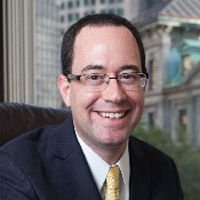 Attleboro Felony Lawyers, Massachusetts
Attleboro Felony Lawyers, Massachusetts
Sponsored Law Firm
-
 x
x

Click For More Info:
-
Adam P. Beck, M.D., Esq.
25 Marston St Suite 303 Lawrence, MA 01841» view mapAccident & Injury Law Legal Expertise You Can Rely On
By working with lawyers who are also doctors, clients can benefit from advocates who have a deeper understanding of their physical injuries, medical needs, and prognoses.
800-383-8491
Sponsored Lawyers
1-10 of 11 matches
Criminal, White Collar Crime, Felony, DUI-DWI
I help people in all walks of life, from doctors to CEOs to blue-collar workers. Whoever you are, if you're facing criminal charges, everything else pales in importance. I've built up my practice by treating people right and developing a reputation for winning impossible cases. While no attorney can guarantee a win on any particular case, I can promise that I dedicate my full attention to each case that I handle. I understand the importance of what my clients are facing, and the potential impact on their careers, reputations, and families. From street crime to complex white collar charges, I have experience in courtrooms across Massachusetts. I also have extensive background working with clients with mental health and substance abuse issues. If you're charged with a crime in Massachusetts federal or state court, contact me today for a free phone consultation.
(more)


 Adam Beck Lawrence, MA
Adam Beck Lawrence, MA AboutAdam P. Beck, M.D., Esq.
AboutAdam P. Beck, M.D., Esq. Practice AreasExpertise
Practice AreasExpertise

